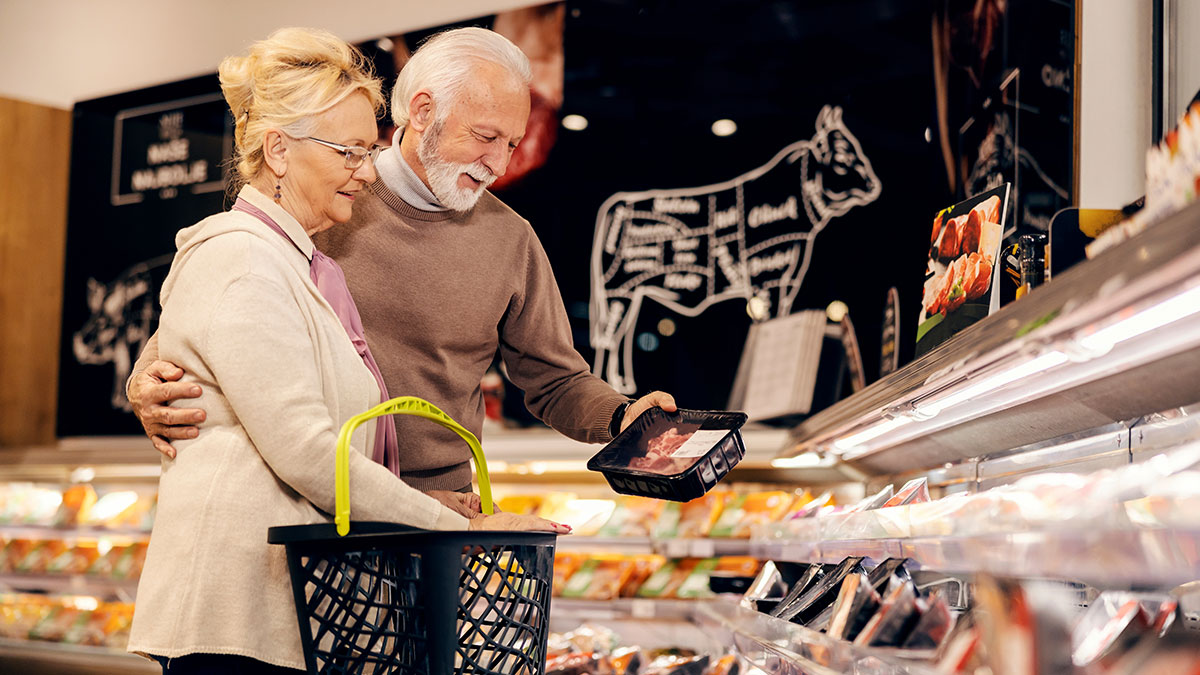By Marjorie DePuy, Senior Director, Supply Chain and Sustainability, FMI and Andy Harig, Vice President, Tax, Trade, Sustainability & Policy Development, FMI

We are both single shopper households, and during the COVID-19 pandemic have been lucky to be able to work from home while experimenting with new ways of food shopping and “cooking.” Right in line with a finding in the U.S. Grocery Trends COVID 19 Tracker, we are each trying to use food we have – especially perishables—to minimize waste and minimize shopping trips. However, as time goes by, concerns about product availability remain (65% of those we surveyed are concerned about shortages of entire food categories or shortages of specific brands flavors or sizes).
FMI’s data from a survey conducted a few weeks ago shows that 37% of grocery shoppers are more successful in avoiding food waste now than compared to before the pandemic and 8% are less successful, which leaves a large ‘missing middle’ where it's about the same.
Since estimates say 25% to 40% of food grown, processed and transported in the U.S. will never be consumed and that this current COVID-19 environment has only exacerbated the gaps in the systems connecting food from farm to fork, we have great opportunities ahead to combat food waste. It is even more critical that we advance the longtime work as a Food Waste Reduction Alliance (FWRA), where, with our partners Consumer Brands Association and National Restaurant Association, we aim to reduce the amount of food waste generated, donate more food to people in need and divert food waste from landfills.
FWRA has a recently refreshed website with new resources and a more modern design. FWRA also hosts regular calls for members to connect with each other and with industry and agency partners around food loss and waste challenges. Amidst all the anxiety inducing news, members also report creative partnerships to support food rescue and food donation organizations. Let's modernize the way we connect the dots in our own operations and across our networks to meet the daunting food waste reduction challenges ahead.


 Industry Topics address your specific area of expertise with resources, reports, events and more.
Industry Topics address your specific area of expertise with resources, reports, events and more.
 Our Research covers consumer behavior and retail operation benchmarks so you can make informed business decisions.
Our Research covers consumer behavior and retail operation benchmarks so you can make informed business decisions.
 Events and Education including online and in-person help you advance your food retail career.
Events and Education including online and in-person help you advance your food retail career.
 Food Safety training, resources and guidance that help you create a company food safety culture.
Food Safety training, resources and guidance that help you create a company food safety culture.
 Government Affairs work — federal and state — on the latest food industry policy, regulatory and legislative issues.
Government Affairs work — federal and state — on the latest food industry policy, regulatory and legislative issues.
 Get Involved. From industry awards to newsletters and committees, these resources help you take advantage of your membership.
Get Involved. From industry awards to newsletters and committees, these resources help you take advantage of your membership.
 Best practices, guidance documents, infographics, signage and more for the food industry on the COVID-19 pandemic.
Best practices, guidance documents, infographics, signage and more for the food industry on the COVID-19 pandemic.
